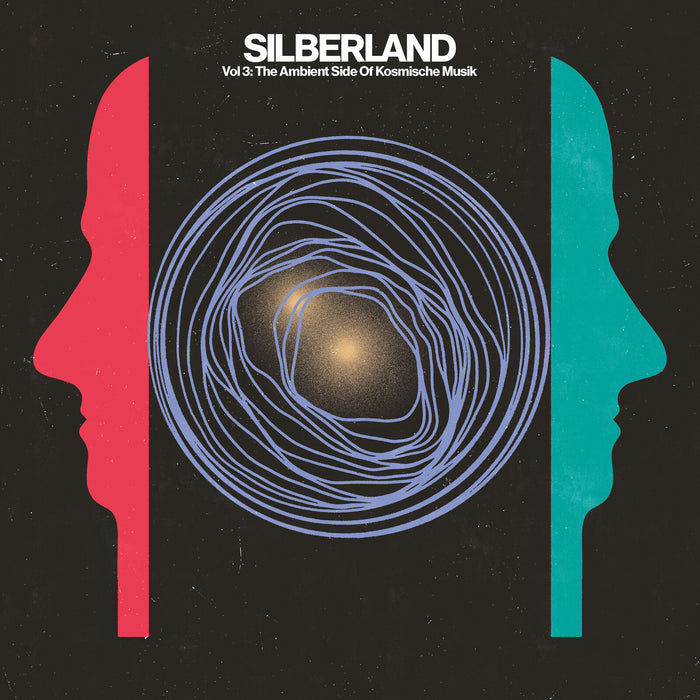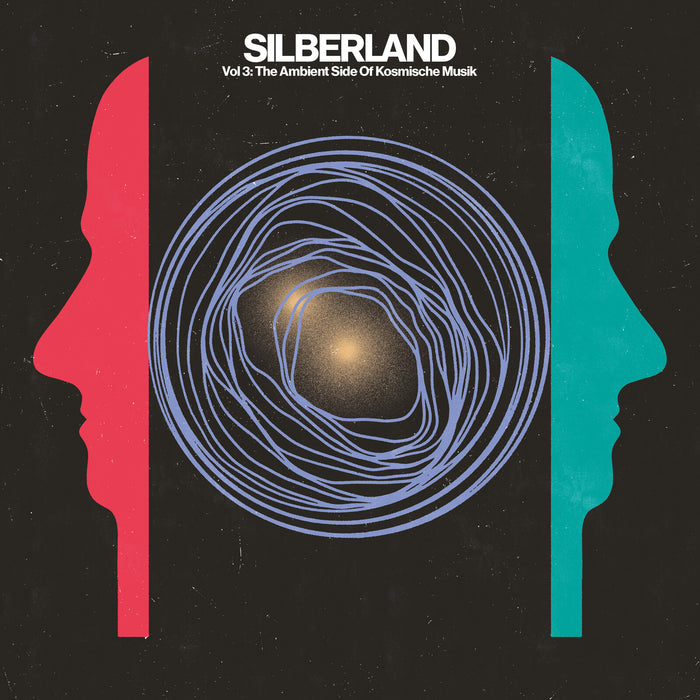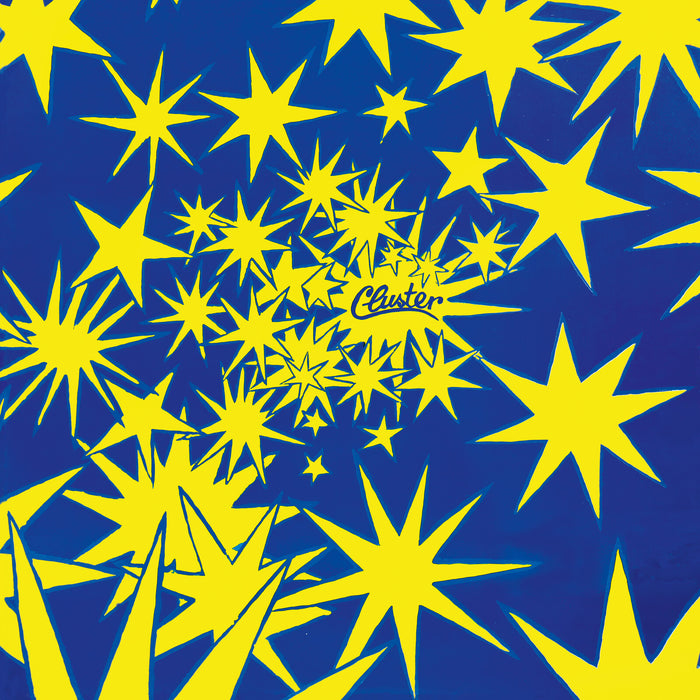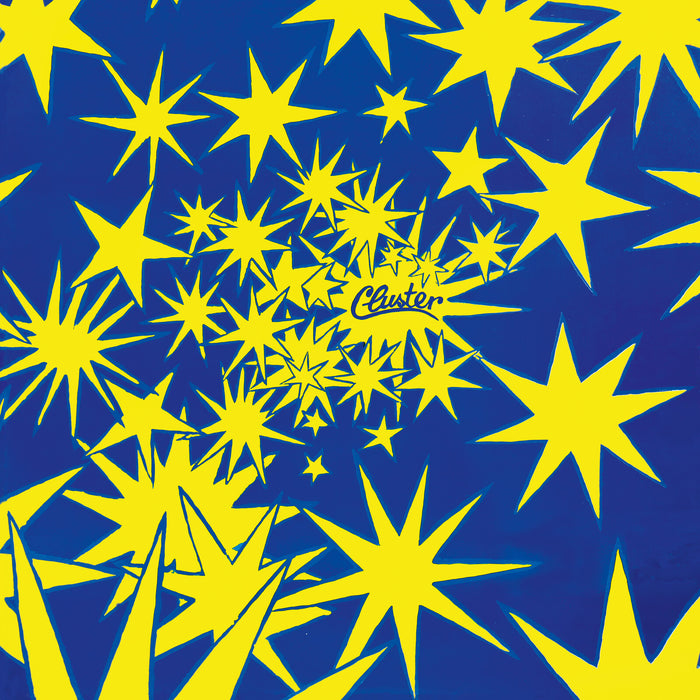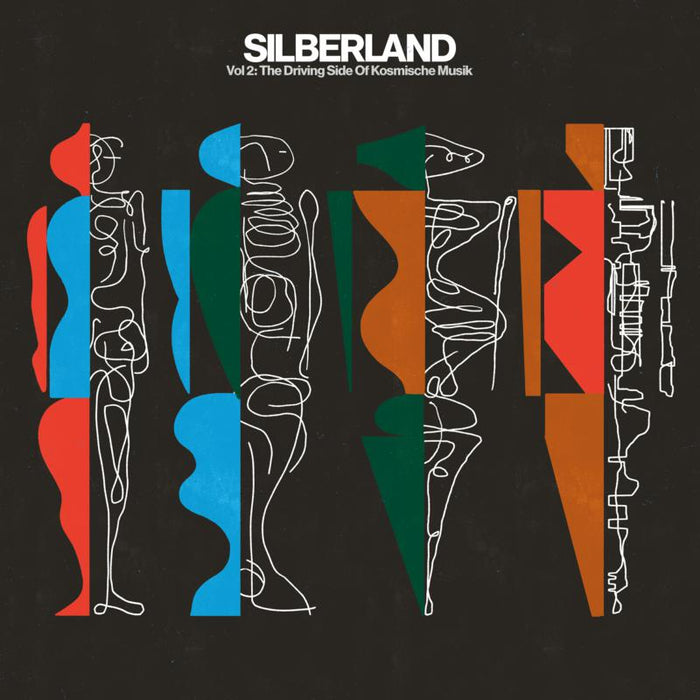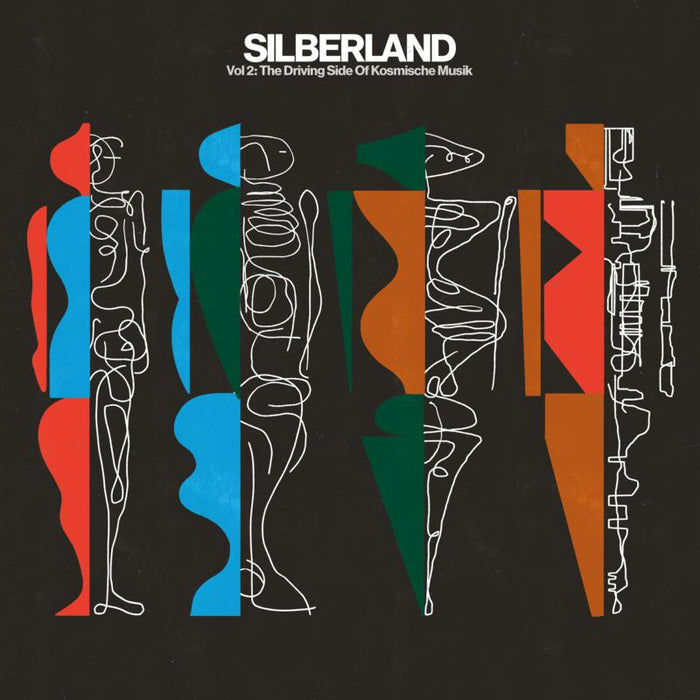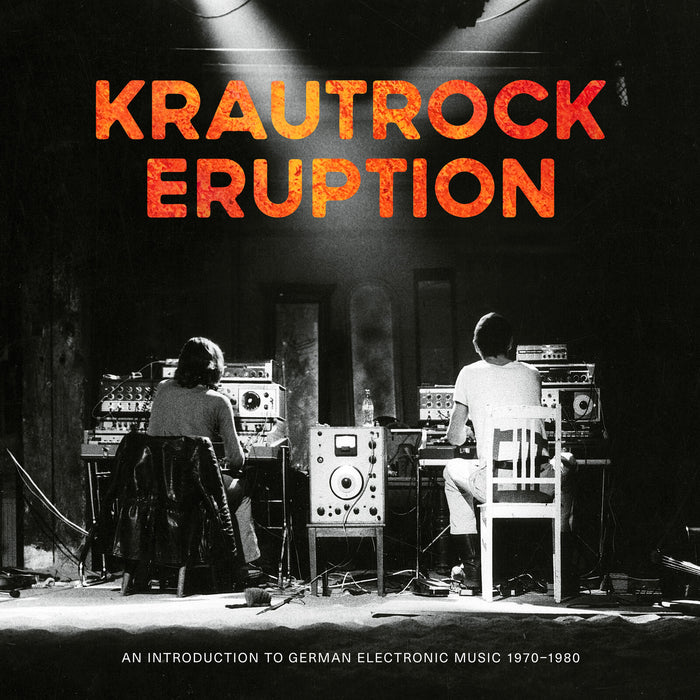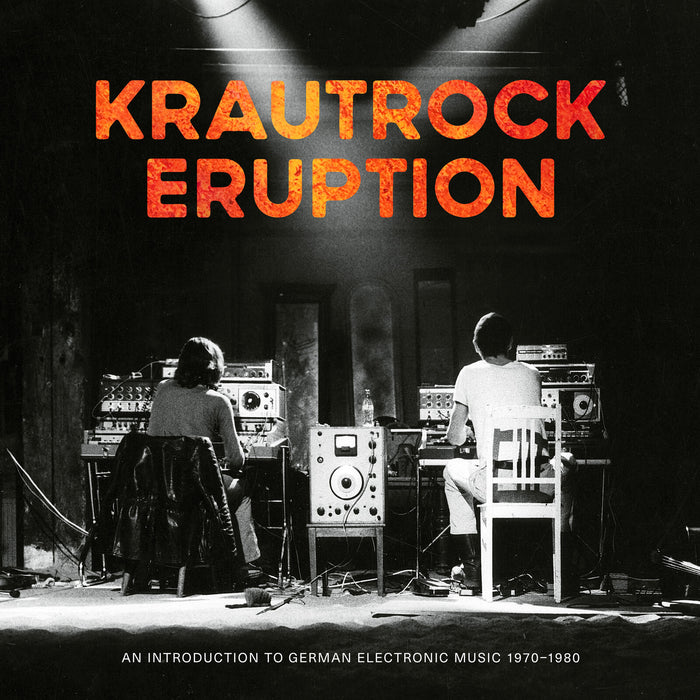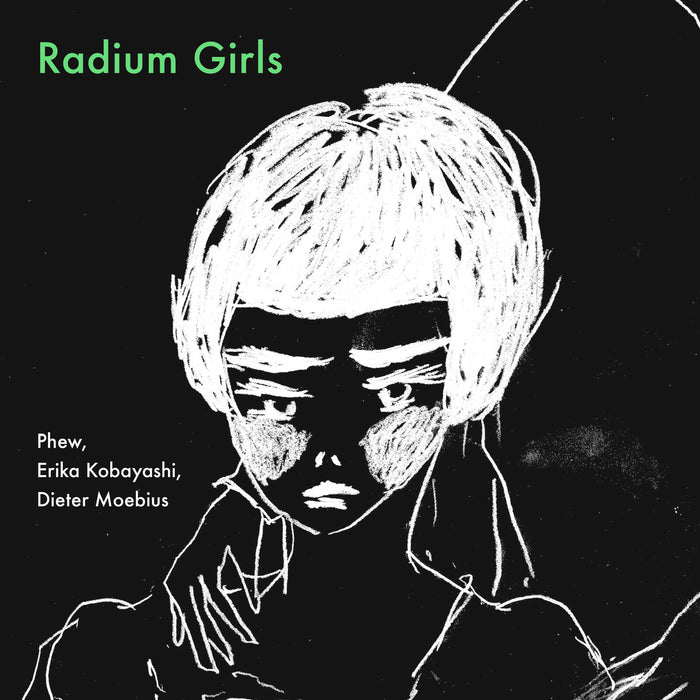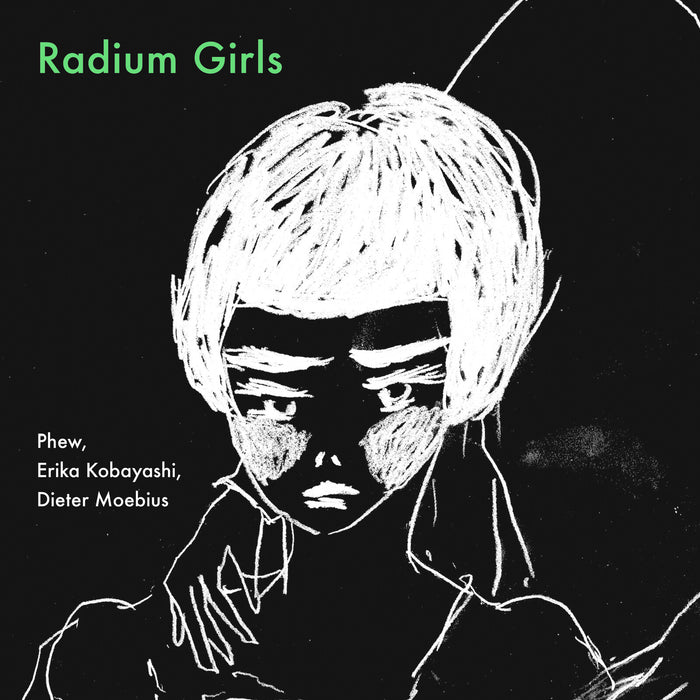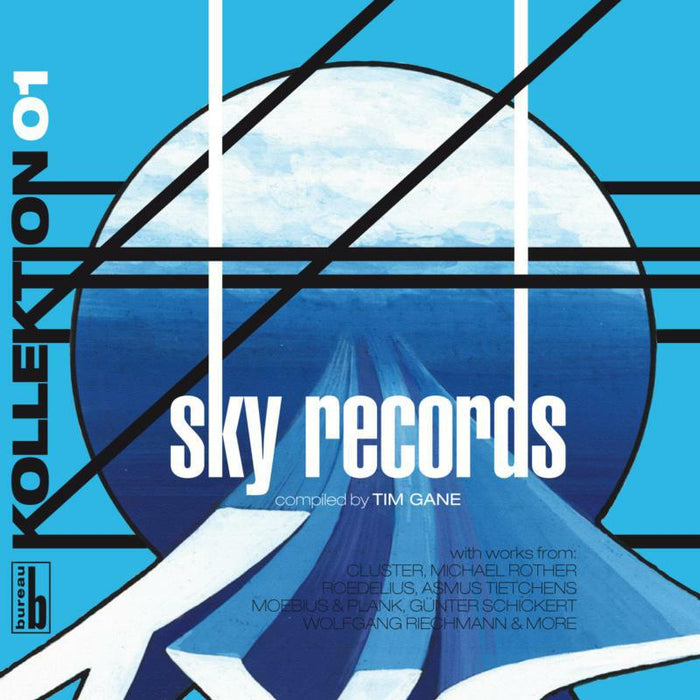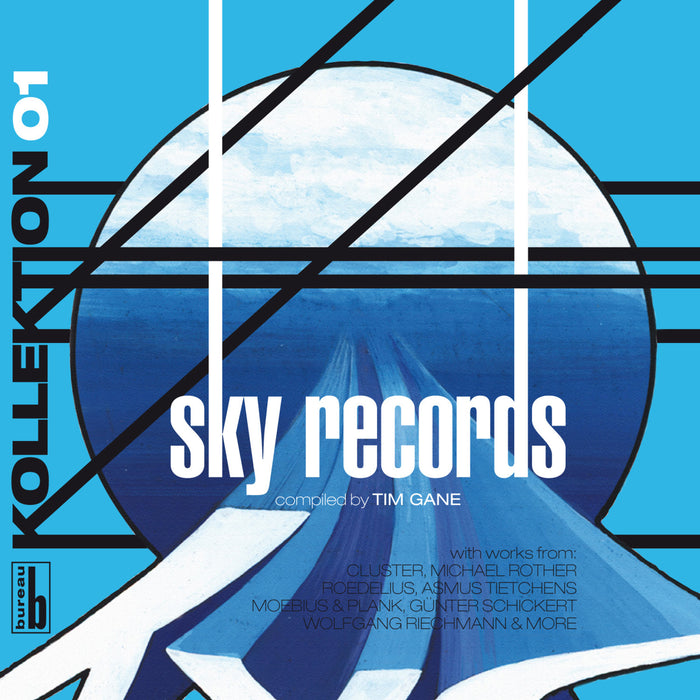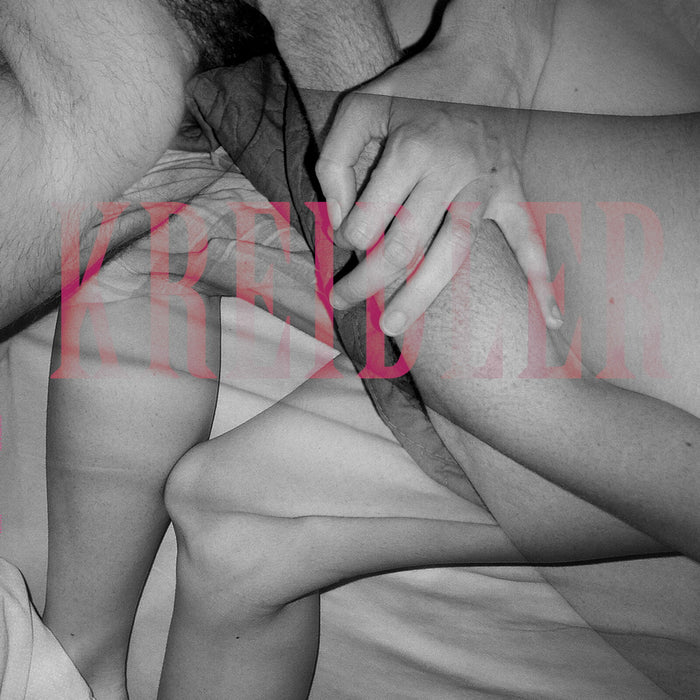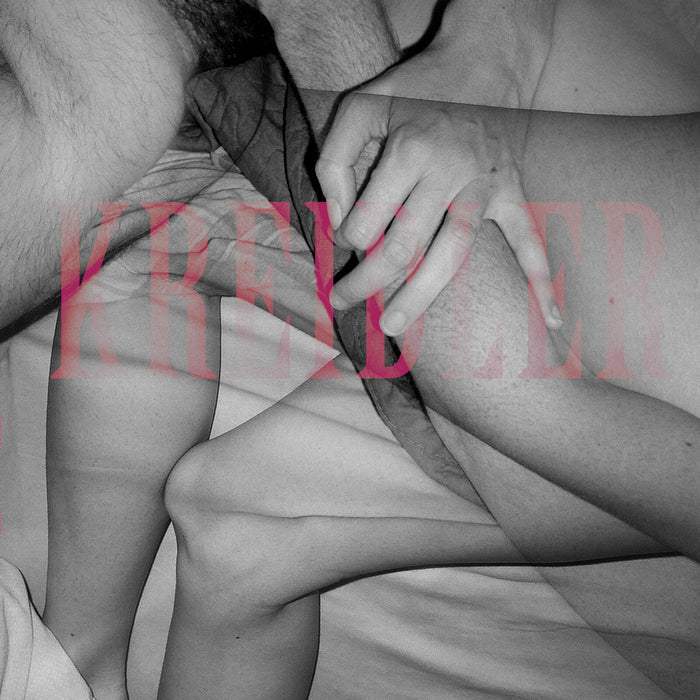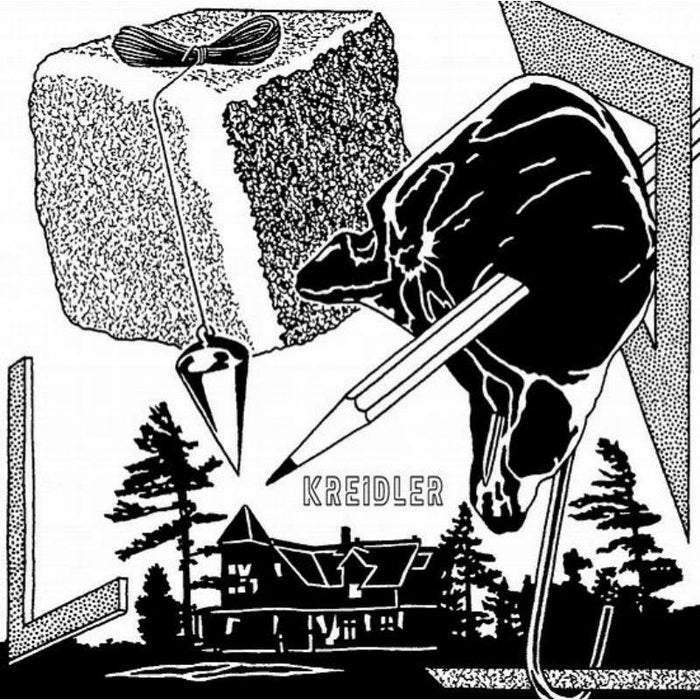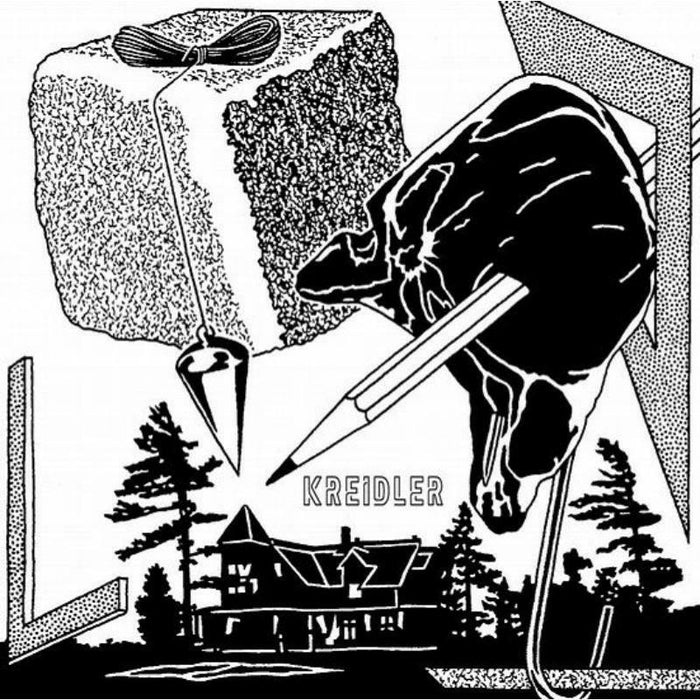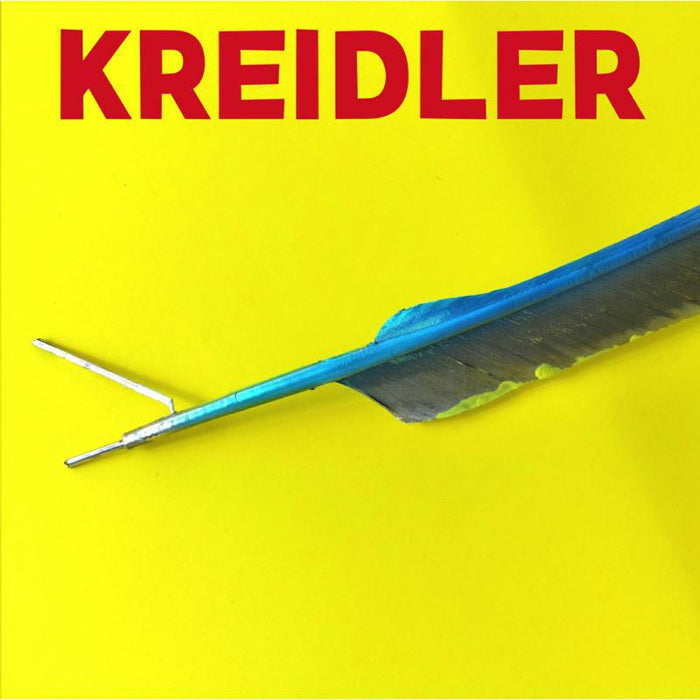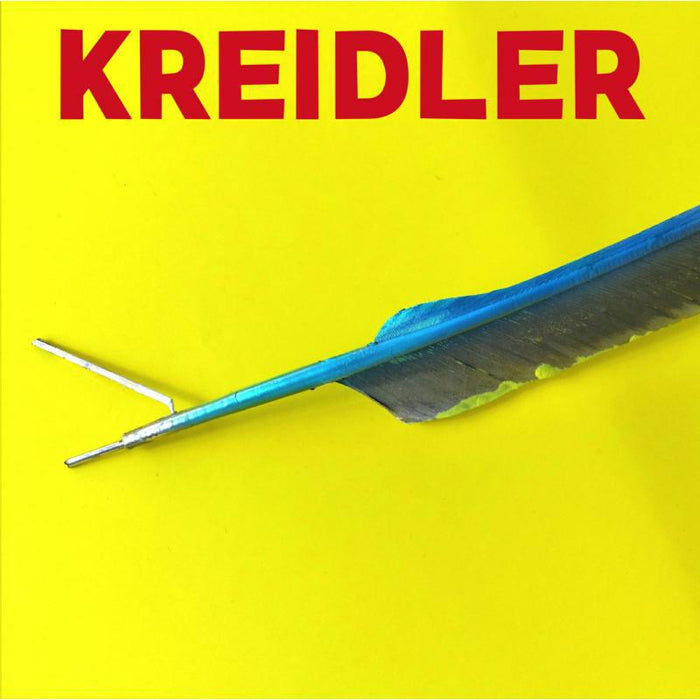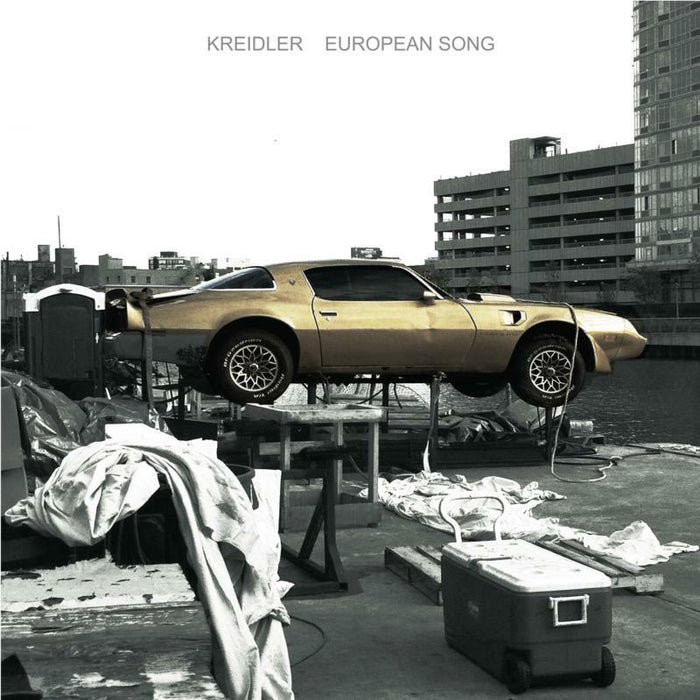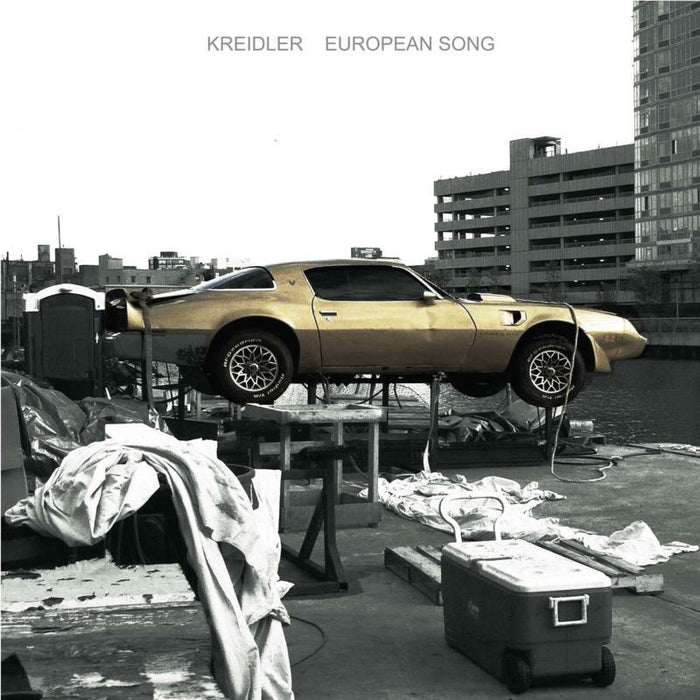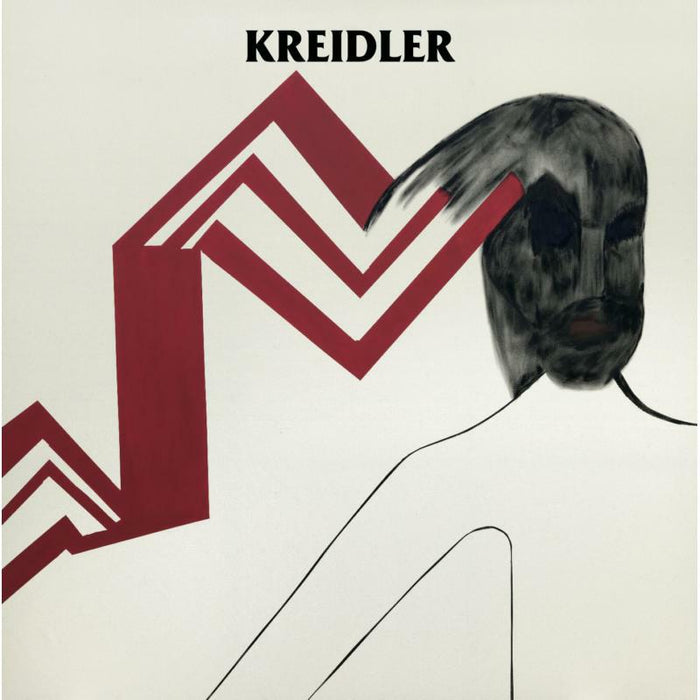Description
While working in Berlin Wedding at andereBaustelle studio on their upcoming album - scheduled for release in May 2026 on Bureau B - Kreidler found also time to dig deep into the vaults of their Dusseldorf and Berlin archives. Thirty Years ago Kreidler's eponymous mini-album was released on Cologne-based label Finlayson; and for RIVA, their first outing, on cassette tape it is even 31 years. Both released in limited physical formats and long unavailable. This edition documents the band's beginnings, with threads that can be followed throughout their whole history to their current work. Still, they are straight out of a certain scene, at a certain place, at a certain time. Kreidler -- formed from the encounter of the band Deux Baleines Blanches (Thomas Klein, Andreas Reihse and Stefan Schneider) with DJ Sport (Detlef Weinrich) -- already in its initial years, and in those that followed, managed to hold seemingly contradictory strands, becoming a fluid form that could equally accommodate the various strengths and interests of its members. This ability has remained intact up to the present lineup of Thomas Klein, Alex Paulick and Andreas Reihse. In Dusseldorf, the Academy of Arts is situated just next to the Altstadt, a rather grubby area to get disorderly drunk and eat cheap fast food. But as intoxication and partying go quite well with doing or studying art, artists conquered certain spaces, made them their own. The art scene had anyway always mingled with the music scene. This led to such famous spots as Creamcheese or Ratinger Hof. Art from Dusseldorf was already exciting, but then also the music was making waves: Kraftwerk, NEU!, la Dusseldorf, followed by post-punk acts like DAF, Der Plan, Mittagspause et al. Kreidler, too, emerged from around the Academy, where Detlef and Stefan were students, while Andreas was studying audiovisual communication at the University of Applied Arts, and Thomas design nearby Krefeld. In February 1994, Deux Baleines Blanches organised a spoken word event at Erinna Konig's Op de Eck Cafe in Dusseldorf Altstadt, and they visited Detlef who was playing music in a listening setting he had installed at the Academy. The idea came up to cooperate on a project. Later on, a spoken word artist asked them to accompany one of his readings. Kreidler's first show was March 29, at Melody bar, a small place in the Altstadt and then a favorite hang-out for art students. Summer 1994 Kreidler recorded RIVA on Stefan's 4-track tape recorder in their rehearsal room, a converted former bakery. For some overdubs and mix they went to Friedrich Sitterle's Frosch-Studio. The tape was self-released, then A Contresens, a Paris-based label picked it up. Months later a show in Cologne the label managers of Finlayson offered Kreidler a release. The band had already sent the RIVA cassette to Matthias Arfmann of Kastrierte Philosophen fame to see if he was interested in producing their upcoming album -- and he was. So off to Hamburg Kreidler went. Their car broke down, while Thomas was struggling with a back injury, managing to play the drums for a mere ten minutes before needing a break. Despite all obstacles, the recording and mixing were successfully completed, Finlayson released the untitled mini-album to great critical and popular acclaim. Oliver Tepel wrote in 1995 in Spex magazine: "On the basis of calm grooves from andante to moderato --comparable to the dissolution of object and background in analytical cubism -- the contours of the instruments disappear in favour of mysteriously meandering waves of sound," and Jorg Heiser: "This has arrived in a whooshing root tone, in the very center (and not in any next room)."





